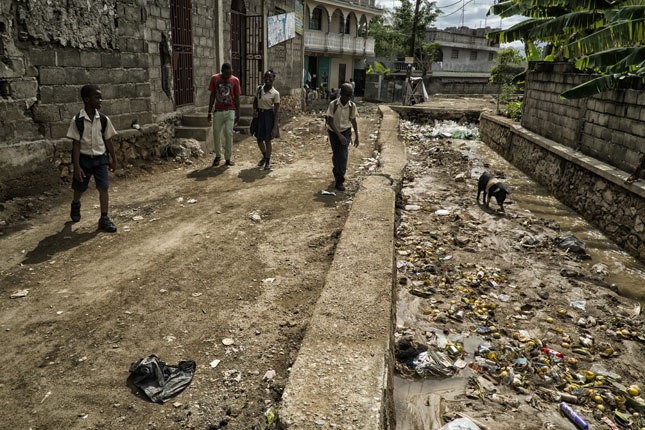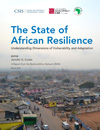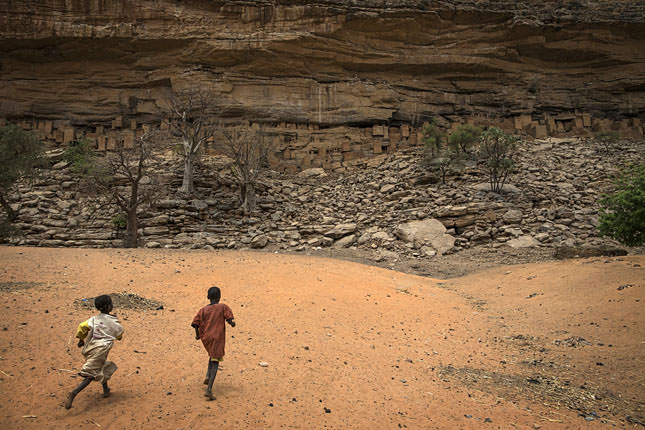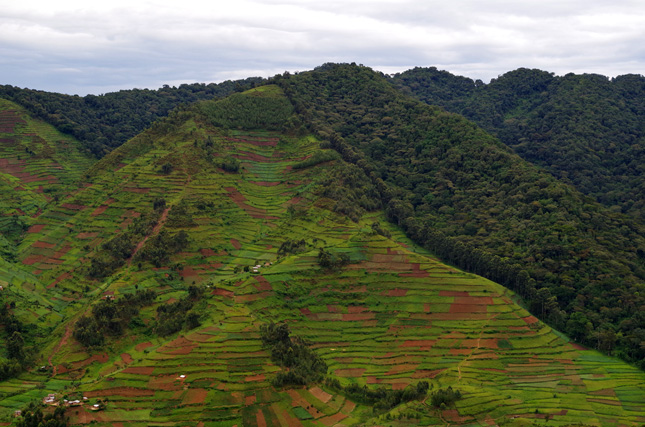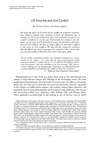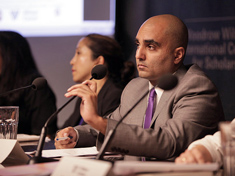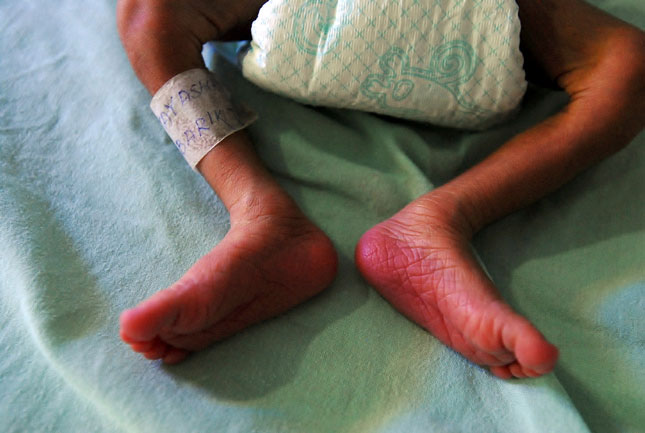-
A World of Extremes: New Thinking Needed to Reconcile Food-Water Choke Points
›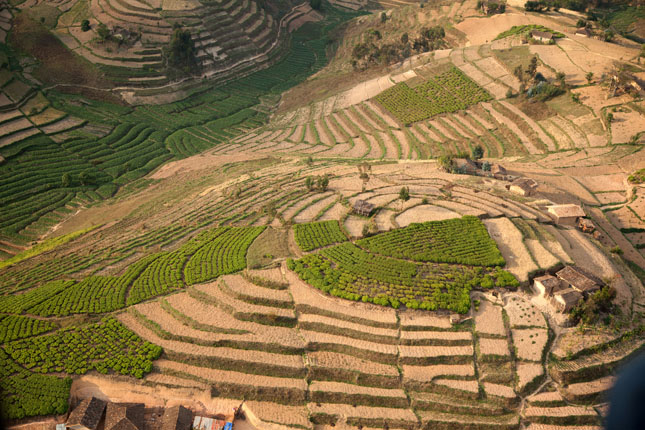
Food and water are tied to one another fundamentally. But in addition to their biophysical relationship, human systems intervene, whether through pricing schemes and trade agreements or shifting patterns in consumption and taste.
-
The Lancet Commission’s Latest Findings on Climate Change, Health, and Policy Responses
›July 1, 2015 // By Francesca Cameron
“Tackling climate change could be the greatest global health opportunity of the 21st century,” asserts the newest report by the Lancet Commission on Health and Climate Change.
-
‘State of African Resilience’ and a Review of Food Security-Family Planning Programs
› In their first annual report, the ResilientAfrica Network (RAN), a partnership of 15 African universities, Tulane University, Stanford University, and the Center for Strategic and International Studies, outlines efforts to explore and define multiple “pathways of vulnerability” in sub-Saharan Africa. The report acknowledges that these pathways can be very different from place to place, but by working with African communities more closely, they hope to find new ways to break cycles of chronic crisis. One of the interventions piloted by Stanford was “deliberative polling,” which is based on the premise that communities are more likely to respond to development interventions if they understand the logic behind them and are involved in the process.
In their first annual report, the ResilientAfrica Network (RAN), a partnership of 15 African universities, Tulane University, Stanford University, and the Center for Strategic and International Studies, outlines efforts to explore and define multiple “pathways of vulnerability” in sub-Saharan Africa. The report acknowledges that these pathways can be very different from place to place, but by working with African communities more closely, they hope to find new ways to break cycles of chronic crisis. One of the interventions piloted by Stanford was “deliberative polling,” which is based on the premise that communities are more likely to respond to development interventions if they understand the logic behind them and are involved in the process. -
The Sahel Beyond the Headlines: Underlying Demographic, Environmental Trends Erode Resilience
›
Between the Sahara to the north and savanna to the south lies the semi-arid Sahel, a region stretching from Senegal to Sudan that has experienced desperate poverty, climate change, malnutrition, and violence. While every context is different, the Sahelian countries share some common challenges, including a pattern of recurring crises and fluid borders. Boko Haram’s reign of terror in northern Nigeria and Mali’s coup have both had cross-border components. [Video Below]
-
Integrated Development Programs Work to Expand Conservation and Health Efforts in Uganda and Madagascar
›
As is becoming clear, climate change, environmental degradation, population, and poverty alleviation are inextricably linked in many parts of the world. [Video Below]
-
Is Food Aid Helpful or Harmful in Conflict-Affected Areas?
› Food aid is one of the most common humanitarian interventions, but it has come under increasing scrutiny from some observers who charge it may not be an effective means of addressing food security and may actually make matters worse. Two recent studies examine the relationship between food aid and conflict, shedding light on both sides of an ongoing debate.
Food aid is one of the most common humanitarian interventions, but it has come under increasing scrutiny from some observers who charge it may not be an effective means of addressing food security and may actually make matters worse. Two recent studies examine the relationship between food aid and conflict, shedding light on both sides of an ongoing debate. -
Overcoming Malnutrition Key to Maternal and Child Health Improvements, Says Dr. Ranu Dhillon
›
With less than 500 days until they expire, it’s almost certain that the Millennium Development Goals on child mortality and maternal health will be missed by many countries. Already, work on drafting the MDG successors has begun; but unless policymakers put nutrition at the center of maternal and child health systems, reducing global maternal and child mortality ratios by an appreciable amount will be difficult, says Dr. Ranu Dhillon in this week’s podcast.
-
The Intergenerational Cycle of Malnutrition: How Gender and Social Status Doom Many Mothers and Newborns
›
When Dr. Ranu Dhillon stumbled upon baby Reena during a routine visit to a clinic in India, she was almost comatose and unable to get the care she needed. Dhillon traveled with Reena and her mother from hospital to hospital, but left again and again without finding treatment. [Video Below]
Showing posts from category nutrition.


